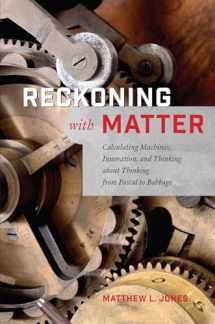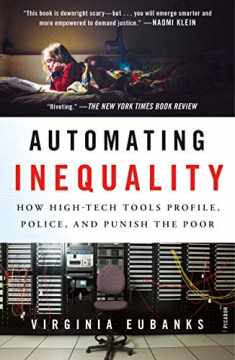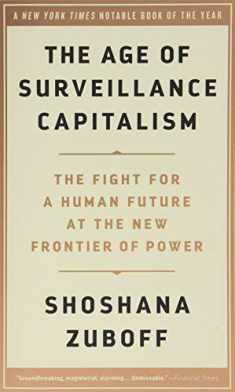
Reckoning with Matter: Calculating Machines, Innovation, and Thinking about Thinking from Pascal to Babbage
Book details
Summary
Description
From Blaise Pascal in the 1600s to Charles Babbage in the first half of the nineteenth century, inventors struggled to create the first calculating machines. All failed—but that does not mean we cannot learn from the trail of ideas, correspondence, machines, and arguments they left behind.
In Reckoning with Matter, Matthew L. Jones draws on the remarkably extensive and well-preserved records of the quest to explore the concrete processes involved in imagining, elaborating, testing, and building calculating machines. He explores the writings of philosophers, engineers, and craftspeople, showing how they thought about technical novelty, their distinctive areas of expertise, and ways they could coordinate their efforts. In doing so, Jones argues that the conceptions of creativity and making they exhibited are often more incisive—and more honest—than those that dominate our current legal, political, and aesthetic culture.


We would LOVE it if you could help us and other readers by reviewing the book
Book review





